【Young – adult Fiction】
《week 16》
《4 basic questions》
- 1. Who am I?
- 2. What’s my place in the universe?
- 3. What would I do if I were the protagonist / antagonist in the story?
- 4. Do you like the story? Why or why not? Which episode or character interests me the most and why?

《Fantasy movies》
l The Lord of the Rings
The Lord of the Rings: The Lord of the Rings is a film series consisting of three epic fantasy adventure films directed by Peter Jackson. They are based on the novel The Lord of the Rings by J. R. R. Tolkien. The films are subtitled The Fellowship of the Ring (2001), The Two Towers (2002) and The Return of the King (2003). They were distributed by New Line Cinema.
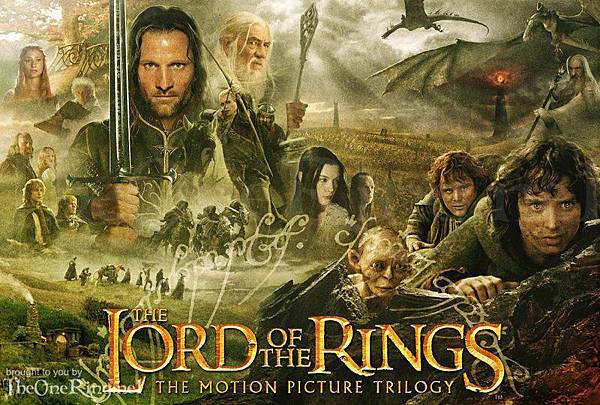
l The Chronicles of Narnia
The Chronicles of Narnia: The Chronicles of Narnia is a series of fantasy films from Walden Media based on The Chronicles of Narnia, a series of novels written by C. S. Lewis. From the seven novels, there have been three film adaptations so far—The Lion, the Witch and the Wardrobe (2005), Prince Caspian (2008) and The Voyage of the Dawn Treader (2010)
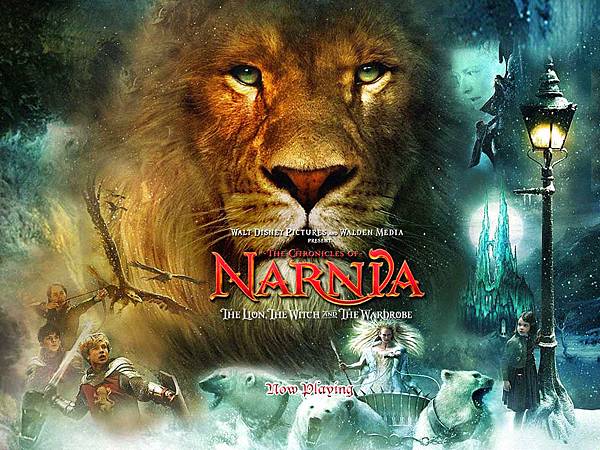
《Next semester》
We will drink a coffee with Teacher, Sun.

《The Ones Who Walk Away from Omelas》
The Ones Who Walk Away from Omelas: The Ones Who Walk Away from Omelas is a 1973 short story by Ursula K. Le Guin. It is a philosophical parable with a sparse plot featuring bare and abstract descriptions of characters; the city of Omelas is the primary focus of the narrative.
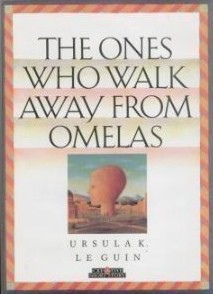
《Ursula K. Le Guin》
Ursula Kroeber Le Guin: Ursula Kroeber Le Guin is an American author of novels, children's books, and short stories, mainly in the genres of fantasy and science fiction. She has also written poetry and essays.
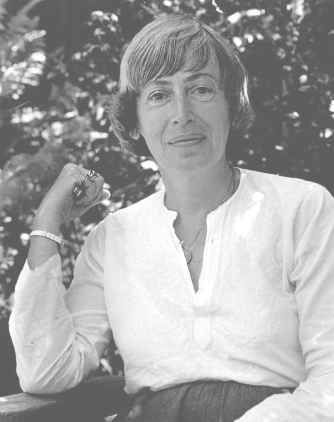
《Dystopia V. S Utopia》
l Dystopia: A dystopia is a community or society that is in some important way undesirable or frightening. It is the opposite of a utopia. Such societies appear in many artistic works, particularly in stories set in a future. Dystopias are often characterized by dehumanization, totalitarian governments, environmental disaster, or other characteristics associated with a cataclysmic decline in society. Dystopian societies appear in many sub-genres of fiction and are often used to draw attention to real-world issues regarding society, environment, politics, economics, religion, psychology, ethics, science, and/or technology, which if unaddressed could potentially lead to such a dystopia-like condition.
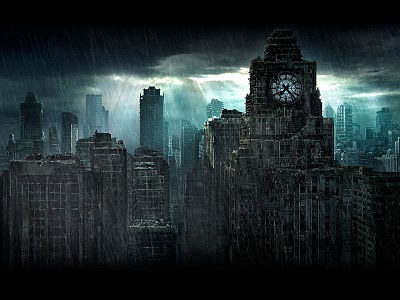
l Utopia: A utopia is a community or society possessing highly desirable or near perfect qualities. The word was coined by Sir Thomas More in Latin for his 1516 book Utopia, describing a fictional island society in the Atlantic Ocean. The term has been used to describe both intentional communities that attempt to create an ideal society, and imagined societies portrayed in fiction. It has spawned other concepts, most prominently dystopia.
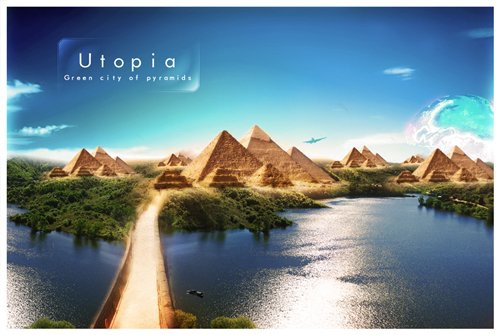
《Shakespeare》
William Shakespeare: William Shakespeare was an English poet, playwright and actor, widely regarded as the greatest writer in the English language and the world's pre-eminent dramatist. He is often called England's national poet and the "Bard of Avon". His extant works, including some collaboration, consist of about 38 plays, 154 sonnets, two long narrative poems, and a few other verses, the authorship of some of which is uncertain. His plays have been translated into every major living language and are performed more often than those of any other playwright.
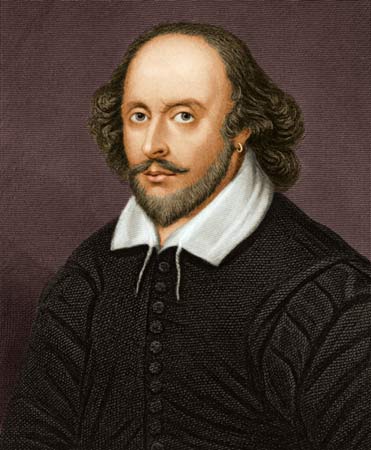
《The Tempest》
The Tempest: The Tempest is a play by William Shakespeare, believed to have been written in 1610 – 11, and thought by many critics to be the last play that Shakespeare wrote alone.

l Characters
- 1. Prospero
- 2. Miranda
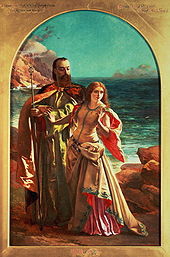
《George Orwell》
George Orwell: Eric Arthur Blair known by his pen name George Orwell, was an English novelist, essayist, journalist and critic. His work is marked by lucid prose, awareness of social injustice, opposition to totalitarianism, and commitment to democratic socialism.



 留言列表
留言列表


